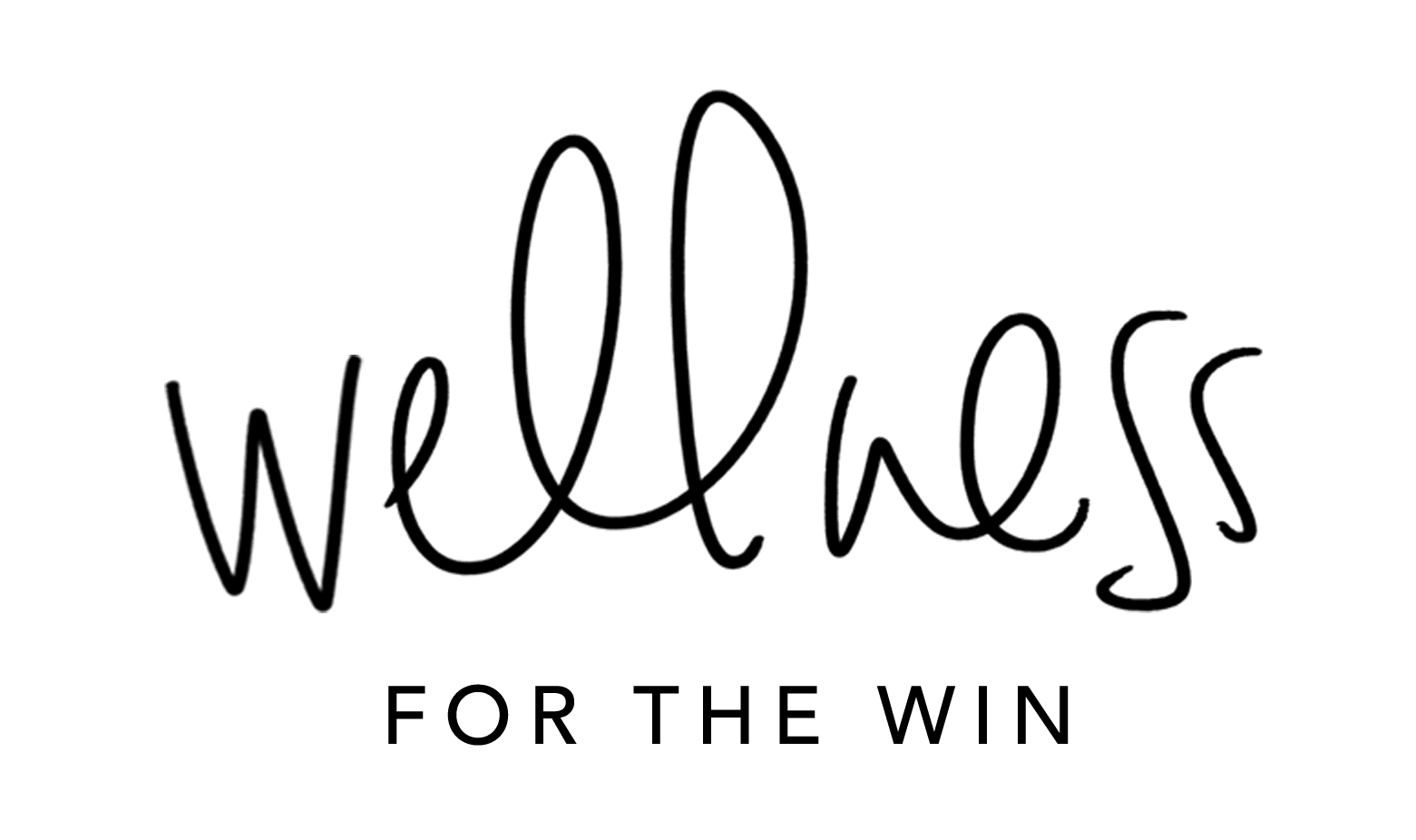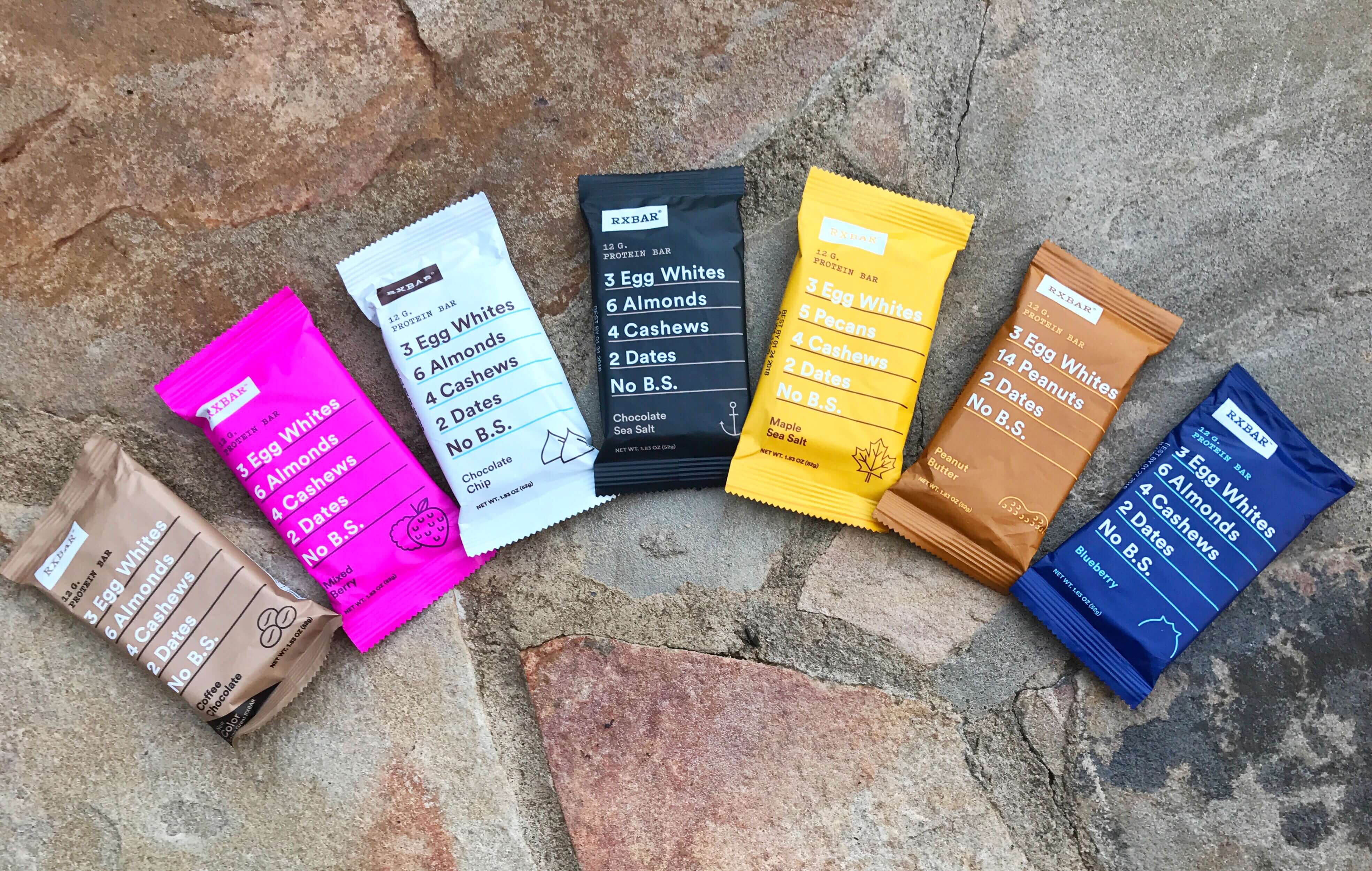Supplement Recommendations and FAQs
As a Registered Dietitian, I get a lot of questions about supplement recommendations from clients as well as followers. There is a lot of information out there regarding this topic, and I know it can feel super overwhelming and confusing. I wanted to address some common questions I get in this post and share some specific supplements and brands that I personally use and feel comfortable endorsing.
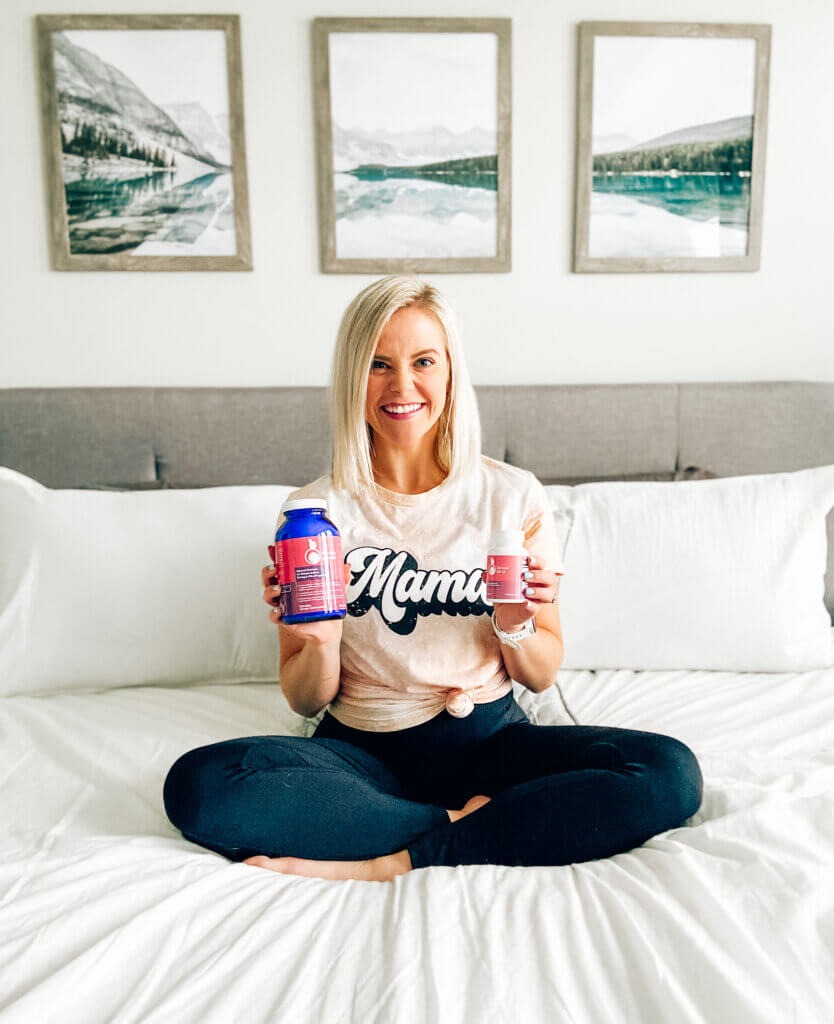
Disclaimer: nothing in this post is intended to be medical advice. It is always best to work with your doctor and/or personal dietitian to discuss what is right for you specifically.
Disclosure: This post also contains affiliate links, so I earn a small commission if you purchase anything using my link and/or unique discount code. As always, all opinions expressed are my own.
should i be taking supplements?
First and foremost, I want you to remember that every single person has unique needs, and may benefit from different supplements, if any. Just because Judy on Instagram is taking “x” supplement, doesn’t mean you need to, too!
With that said, this is not a simple yes or no answer. Unfortunately, like most health and nutrition-related questions, it depends on a variety of factors.
As a dietitian, I always encourage a FOOD FIRST approach. We should all be striving to eat a healthy, well-balanced diet that includes a wide variety of whole foods.
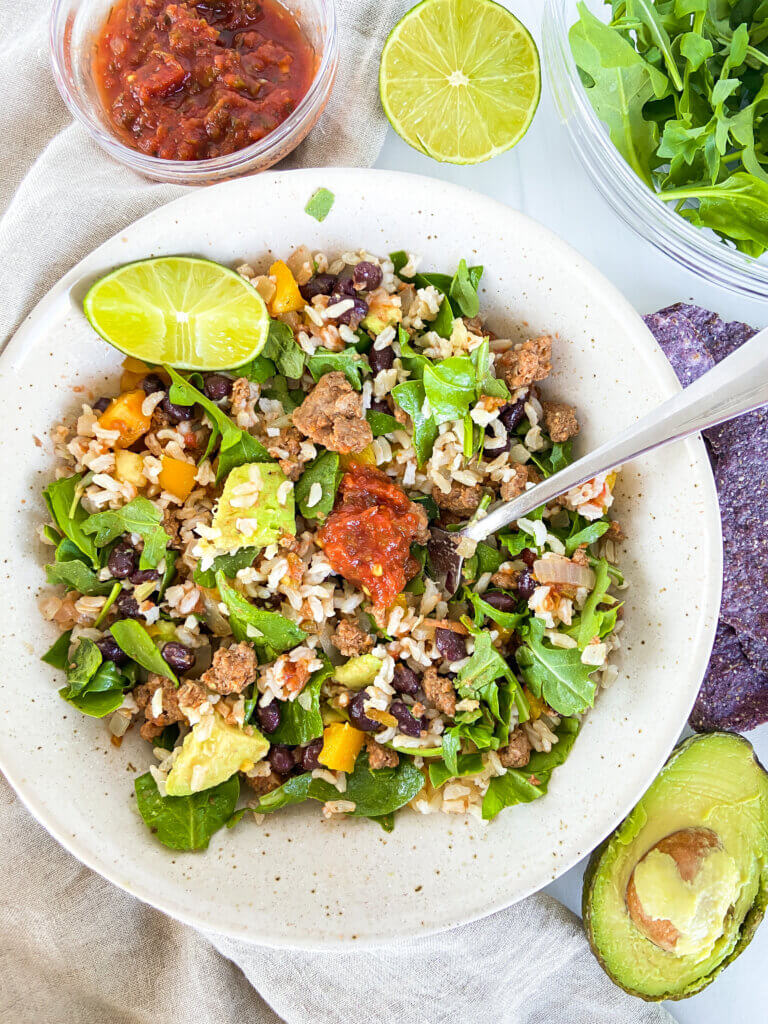
Supplements are just that — meant to SUPPLEMENT your diet; not REPLACE nutritious foods. I think many people take a multivitamin to compensate for a lack of variety or healthy foods in their diets. Try to avoid this approach, and instead, set some goals around gradually improving your overall nutrition.
Supplements, such as a multivitamin, may potentially help fill in nutritional gaps, but again, you should not be relying on them to meet the majority of your needs. In addition, there are a ton of supplements out there that are 1) not safe, 2) not necesssary and 3) way more expensive than just eating real, healthy food. : )
Throughout this post we will cover some other things to consider before starting a supplement.
populations who should consider taking supplements
There are some individuals who may need to take specific supplements for a variety of reasons:
- Anyone following a plant-based diet. If you are vegetarian and continue to include animal foods like eggs and dairy regularly, you are likely able to meet your nutritional needs. However, if you are vegan, you should consider having iron and vitamin B12 levels checked (same with vegetarian diets). Talk to your doctor and supplement as needed.
- Pregnant or trying to conceive. Our needs for many different micronutrients are significantly increased during pregnancy, so you definitely want to be sure to take a prenatal supplement during pregnancy; however, we ideally want to start these BEFORE we try to conceive or if there is a chance of getting pregnant, as abnormalities such as neural tube defects (that happen as a result of nutrient deficiencies) actually happen very early on, and we want to have sufficient levels in our system beforehand in the case that we have an unplanned pregnancy.
- Postpartum. Our nutrient needs continue to be increased after pregnancy. We essentially just finished a long, hard marathon and many women are very depleted after delivering. We need to replenish and provide our bodies with more than enough nutrients to aid in recovery after birth (especially since it can be difficult to meet your needs with a healthy, balanced diet during the immediate postpartum period) whether you delivered vaginally or by C-section, and whether or not you are nursing. I continue to take my prenatals at 1 year postpartum + still breastfeeding.
- Any medical conditions that impact nutrient absorption. Anyone who has a history of gastric surgery and/or other GI conditions (Crohn’s, ulcerative colitis, celiac disease, etc.) may benefit from certain supplements — discuss with your provider.
- History of eating disorders or inadequate nutrient intake for any reason. Discuss with your provider.
- Current or past nutrient deficiencies. If you have had labs done and identified any specific deficiencies, then you would likely benefit from a supplement (in addition to any necessary diet changes, monitoring & adjusting as needed). For example, vitamin D is a very common deficiency, and it is the exception in that we can’t fully meet our needs from our diet, since the sun is our main source of vitamin D. A lot of people would benefit from supplementing vitamin D, so consider talking to your doctor and/or having your levels checked.
- Various other medical conditions. There are many conditions that can affect nutrient intake and/or absorption (as well as medication interactions, etc.), so if you have any medical diagnoses and are unsure if you should or should not be taking something, always chat with your provider.

what to look for in a supplement
A few of the most important things to look for in a supplement include:
- Third-party testing. When you purchase a supplement, you can see on the label and/or in the product description (if buying online), whether or not it has been third-party tested. This means that the product has been evaluated by an outside organization to ensure quality.
Here is some additional information from OPSS.org:
The most common third-party certification seals that appear on some dietary supplement products are (in alphabetical order) BSCG Certified Drug Free, Informed-Choice (or Informed-Sport), NSF Certified for Sport, and USP Verified.

Athletes especially will want to choose supplements with these seals to ensure they don’t contain any prohibited substances in them, but really all individuals could benefit from choosing supplements with these seals.
What does cGMP mean?
You might also see a seal that says “GMP: Good Manufacturing Practices”, or “Meets or exceeds cGMP quality standards” on the label of various supplements, like protein powders.
The U.S. Food and Drug Administration’s (FDA) final regulation on good manufacturing practices (GMPs) for dietary supplements established stringent requirements for companies involved with the manufacturing, packaging, labeling and holding of dietary supplements. Under the rule, manufacturers are required to evaluate the identity, purity, quality, strength, and composition of their dietary ingredients and dietary supplements. GMPs are crucial to the supplement industry’s ability to deliver safe, accurately labeled products to the consumer and in achieving the public health benefits noted by Congress in the preamble to the Dietary Supplement Health and Education Act of 1994.
This is a certification I recommend checking for as well, especially if pregnant, trying to conceive or nursing, as heavy metals have been detected in many different protein powders.
Prenatal Vitamin recommendations
FullWell Fertility (formerly Full Circle Prenatal)
I personally started taking Full Circle Prenatal Vitamins – now called FullWell Fertility / @fullwellfertility on IG – in October 2019 (around the time I got off of birth control, before we were trying to get pregnant.)
These prenatals were developed by a Registered Dietitian and mother based on the best evidence available. (You can find her @aylabarmmer_rd on IG.) FullWell Fertility prenatals deliver optimal forms and evidence-based doses of nutrients in an easy-to-tolerate formula. I have never felt nauseous from taking these. I continue to take them at one year postpartum while breastfeeding to support my increased needs.
The nutrients are delivered in forms that provide the best absorption and support the female body before, during and after pregnancy. Even if you’re not trying to get pregnant, but are of child-bearing age or thinking about getting pregnant, you can benefit from the nutrients in these supplements. In addition, they go through extensive testing to ensure they are free from harmful contaminants including heavy metals and chemicals.
You do have to take eight pills a day, in divided doses — this is how they were designed. Ayla recommends taking 4 with breakfast and 4 with lunch, but you can break it up however is easiest for you to remember or tolerate.
I recommend reading through the FAQs on their website linked below to answer any other questions you may have about the prenatals.
DISCOUNT CODE: WELLNESSFORTHEWIN gets you 10% off (this is an affiliate code)
CLICK HERE TO SHOP FULLWELL FERTILITY SUPPLEMENTS

Needed Prenatal Supplements
Needed. is another supplement brand that I have started to collaborate with over the past year and I found them during my pregnancy. (I am an affiliate for them.) I love their brand as well for several reasons. They have done extensive research on their supplements & women’s nutritional needs before, during and after pregnancy, and their team is made up of all healthcare practitioners.
Similar to FullWell Fertility, they take extra steps to ensure quality and safety of the supplements they offer. They also have a very wide variety of supplements available for women with all different needs.
DISCOUNT CODE: WELLNESSFORTHEWIN TO SAVE 10%
CLICK HERE TO SHOP NEEDED SUPPLEMENTS
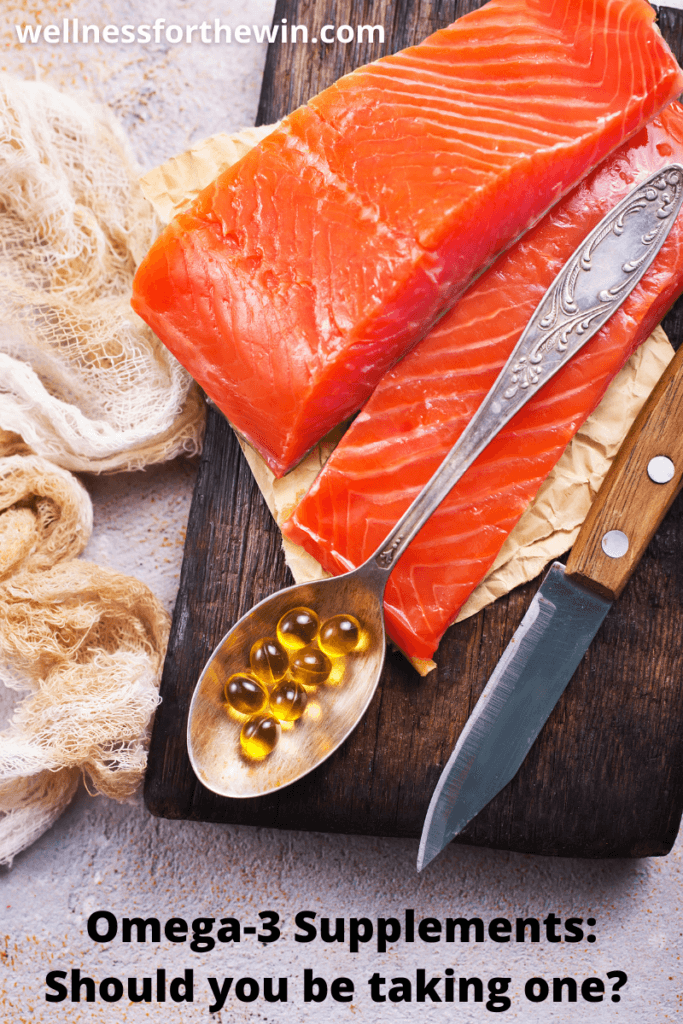
omega-3 FISH OIL supplements
Should you be taking omega-3 supplements? Again, it depends. For most people, it would be a great goal to include fatty fish into your diet on a regular basis as a starting point, such as salmon, sardines, trout, herring, fish eggs, mussels, etc. The American Heart Association recommends eating fatty fish twice a week. If you currently eat it like, twice a year, start small and work your way up. Aim for a few times a month and go from there! Here’s a tasty recipe to try!
If you are pregnant, the answer is YES, as you will want to consume at least ~300 mg of DHA per day during pregnancy. (Real Food For Pregnancy, linked below) DHA is very important for the development of baby’s developing brain and eyes in utero. Not all prenatal supplements contain DHA, so you will likely have to take a separate omega-3 supplement (which should contain a combination of DHA + EPA). EPA improves the transport of DHA across the placenta.
Of course, you can talk through options with your physician as well.
Here are a few third-party tested options you could try:
- I have most recently been taking Needed omega-3 supplements (they are vegan, sourced from algae). Affiliate code is WELLNESSFORTHEWIN – click here to shop.
- Nordic Naturals has a variety of omega-3 fish oil supplements available as well. Click here to shop. (Not an affiliate).
Click here to read more about the benefits of omega-3 supplements.
probiotic supplements
There is a lot of controversy regarding probiotic supplements and their effectiveness and whether or not you should be taking them.
For the average person with no digestive issues, they are likely not necessary and may be a waste of money. For some, whether they have IBS or other GI-related conditions, etc., they may benefit from taking a probiotic, especially certain bacterial strains. It appears that a variety of strains may be more beneficial than a probiotic with just one strain, although there are certain strains that can help with specific conditions.
Maintaining a healthy microbiome during pregnancy (having a healthy balance of bacteria in the gut) can impact pregnancy outcomes. Per one study cited in Real Food For Pregnancy, probiotic supplements were shown to reduce the risk of gestational diabetes.
With that said, you can also get probiotics from food sources, and this can be a great and more affordable place to start. One amazing option is kefir, which is something you can drink on its own or add to things like smoothies. Other options include aged cheese, raw sauerkraut, kimchi, miso, Greek yogurt with live active cultures, and miso, to name a few.
Also, it is important to note that we want to have a healthy overall diet that supports good gut health by incorporating LOTS of fiber-rich foods — vegetables, fruit, whole grains, beans/legumes, nuts and seeds, etc. All the plants!!! Variety is key. These foods provide prebiotics which are essentially the food for the good bugs, probiotics.
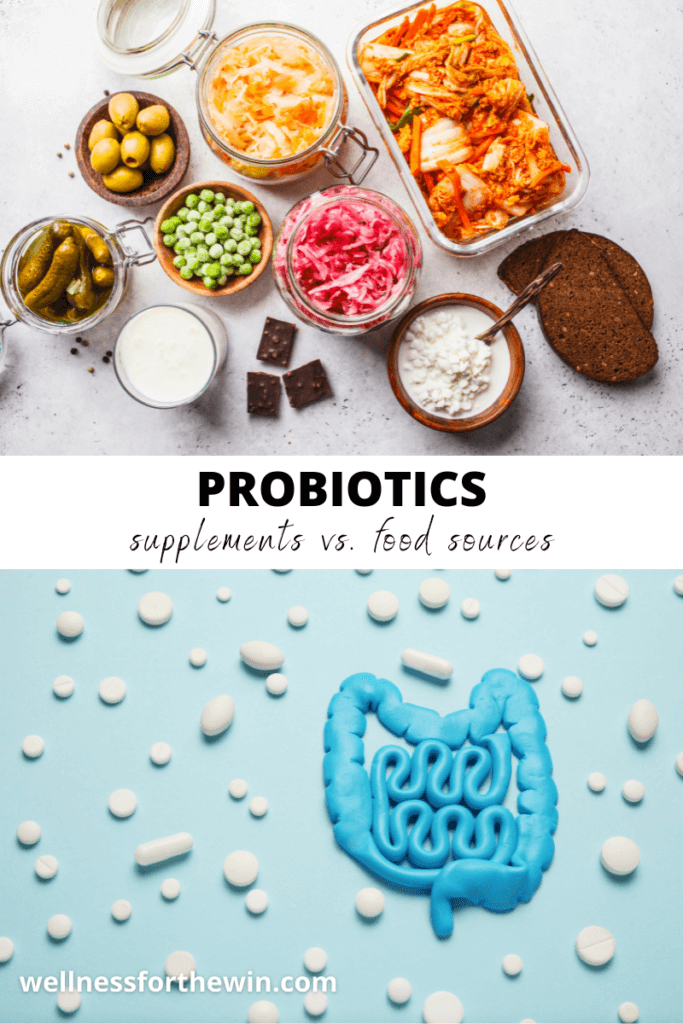
Needed. Probiotics
I have personally been taking Needed probiotics since my second trimester of pregnancy and I continue to take them postpartum. (I have also struggled with IBS in the past and find it beneficial to take probiotics, in addition to including Greek yogurt and kefir in my diet regularly.)
SHOP NEEDED PROBIOTICS HERE – AFFILIATE CODE WELLNESSFORTHEWIN
Just Thrive Probiotics
Just Thrive is another brand of probiotics I have taken in the past and feel comfortable recommending. Their probiotics are 100% spore-based, giving them superior survivability so they can do their thing to support your gut and immune health.
CLICK HERE to learn more about Just Thrive supplements and to order.
- AFFILIATE CODE: WELLNESSFORTHEWIN for 15% off your order
COLLAGEN SUPPLEMENTS
Collagen has been talked about A LOT over the past few years. It is still fairly new as far as supplements go, so there is still a lot of research to be done; however, it seems to be promising in terms of some of the potential benefits of taking it.
With that said, there are food sources of collagen we can incorporate into our diets, and there are also certain nutrients that we want to include in our diets to support our body’s natural production of collagen (yes, our bodies make it, too!), such as vitamin C, zinc and copper.
Here is a helpful article from Needed. about the benefits and sources of collagen.
Collagen may be especially beneficial during pregnancy because glycine requirements go up significantly during this time. Lily Nichols, RDN, and author of Real Food For Pregnancy says, “Glycine turnover is incredibly high in pregnancy, both for maternal and fetal demands. Fetal DNA, bones, connective tissue, internal organs, blood vessels… you name it, it requires glycine.” Click here to read her article with more info about the importance of glycine as well as adequate protein intake during pregnancy.

PROTEIN POWDERS
There are SO many protein powders on the market — it’s so overwhelming!
The protein powder I am currently using and loving is from Clean Simple Eats. They have tons of delicious flavors made from 100% grass-fed whey and no added sugars. They do contain sugar alcohols, which can give some people digestive discomfort, but I personally don’t have any issues with them and love all of the flavors I’ve tried.
AFFILIATE CODE FOR CSE PROTEINS + OFFBEAT BUTTERS: WELLNESSFORTHEWIN
My favorites are:
- Simply Vanilla (delish in my Healthy Green Smoothie)
- Snickerdoodle (amazing in my Pumpkin Protein Overnight Oats)
- Cake Batter
- They also have tons of delicious chocolatey flavors if you’re more of a chocolate person!
They are also manufactured in a GMP certified facility in Utah, USA, and third party tested for heavy metals.
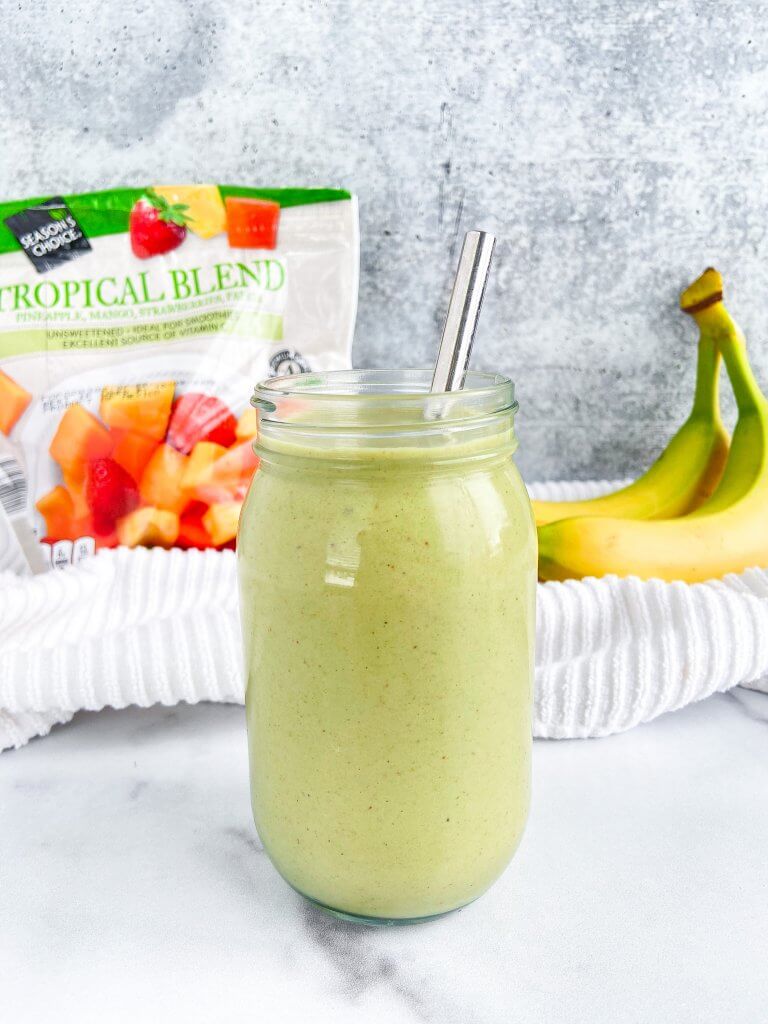
While you’re on the Clean Simple Eats website, check out all of the delicious nut butters from OffBeat Butters – I am OBSESSED. So many great flavors of these also.
My favorites are:
- Salted Caramel
- Cinnamon Bun
- Gingerbread Cookie
- Aloha
- Maple Donut
- Sweet Classic Peanut Butter
- Midnight Almond Coconut
- Ethan is obsessed with Monkey Business (crunchy option – banana flavor)
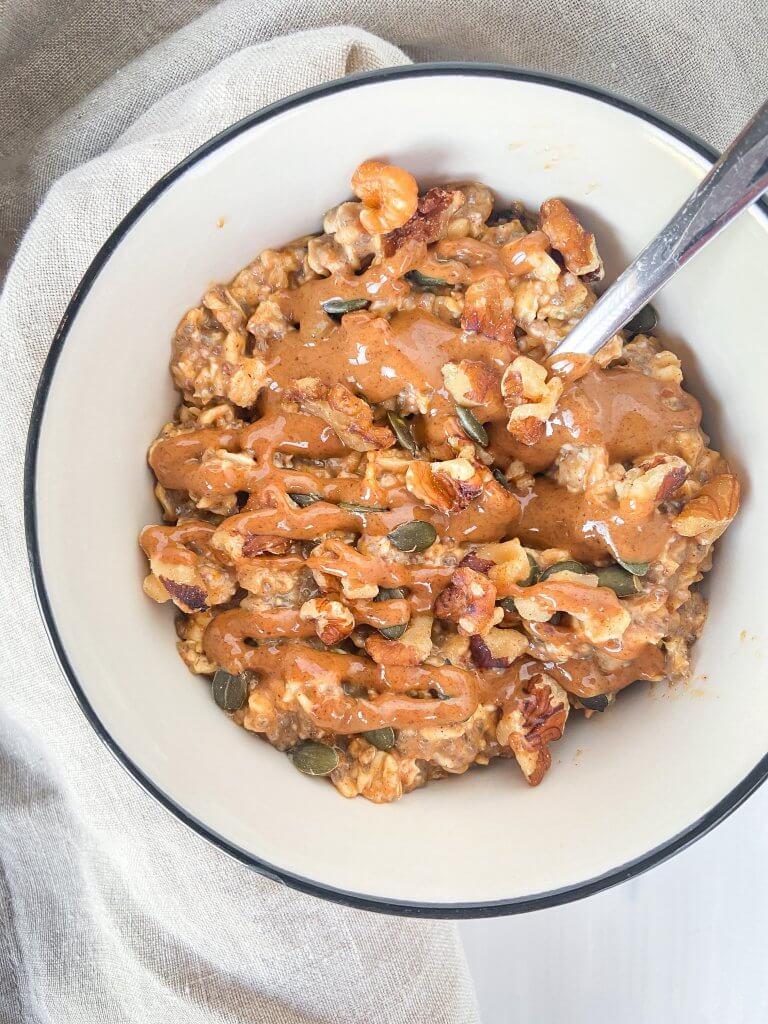
Resources to Learn More About Prenatal Nutritional Needs
REAL FOOD FOR PREGNANCY BOOK (affiliate link)
Written by a Registered Dietitian, evidence-based prenatal nutrition guidance
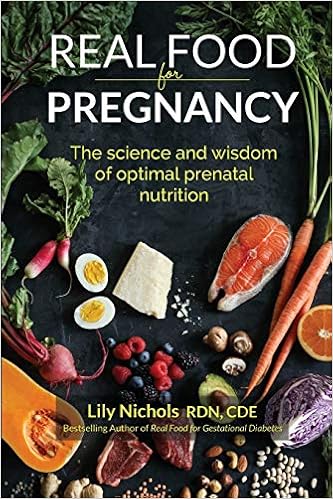
I hope it was helpful to address some of these commonly asked questions and provide some Supplement Recommendations for those of you who are interested! I will be sure to update and add to this list as needed in the future.
Please let me know if you have any questions!
XO,
Shanna
